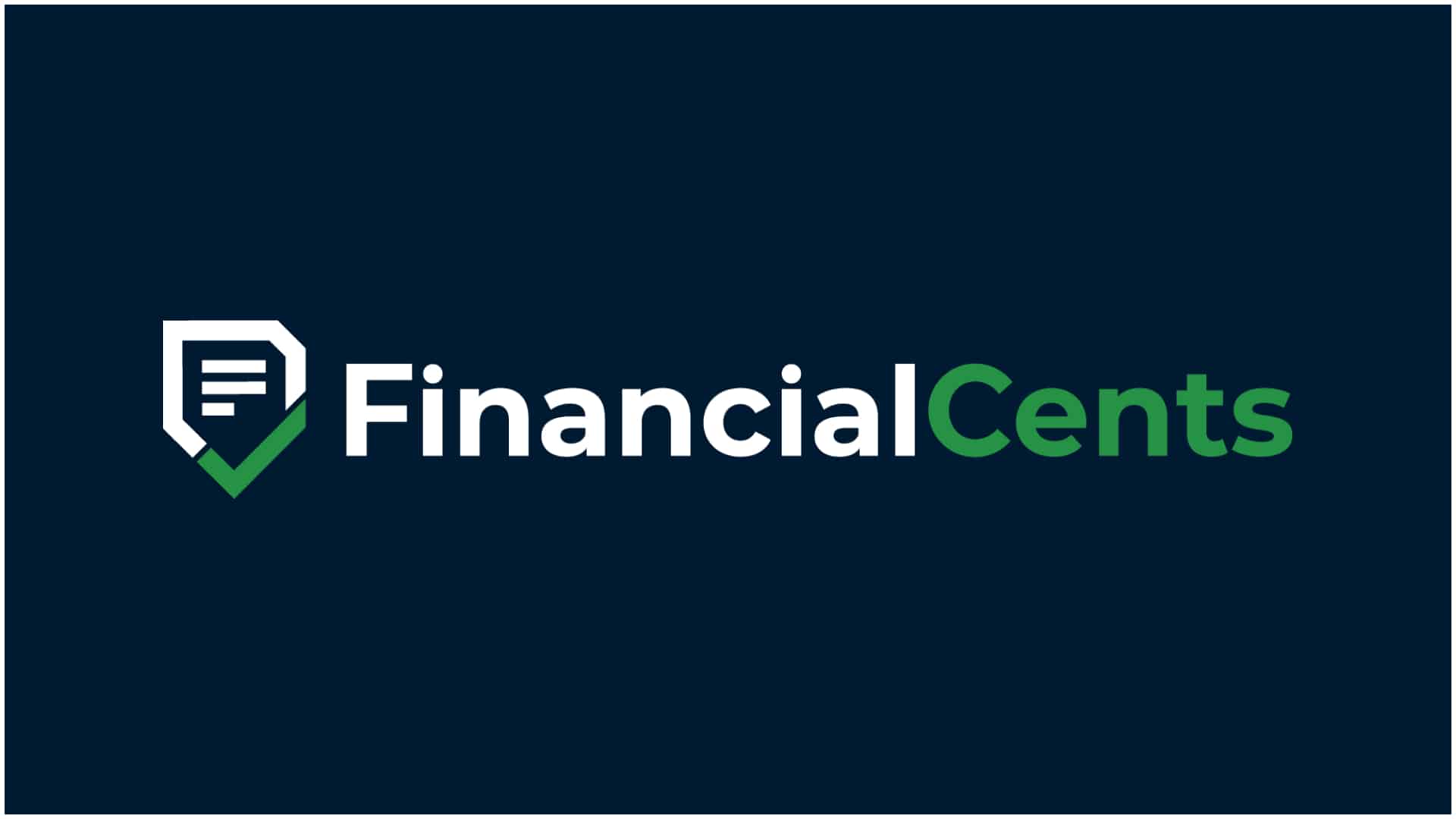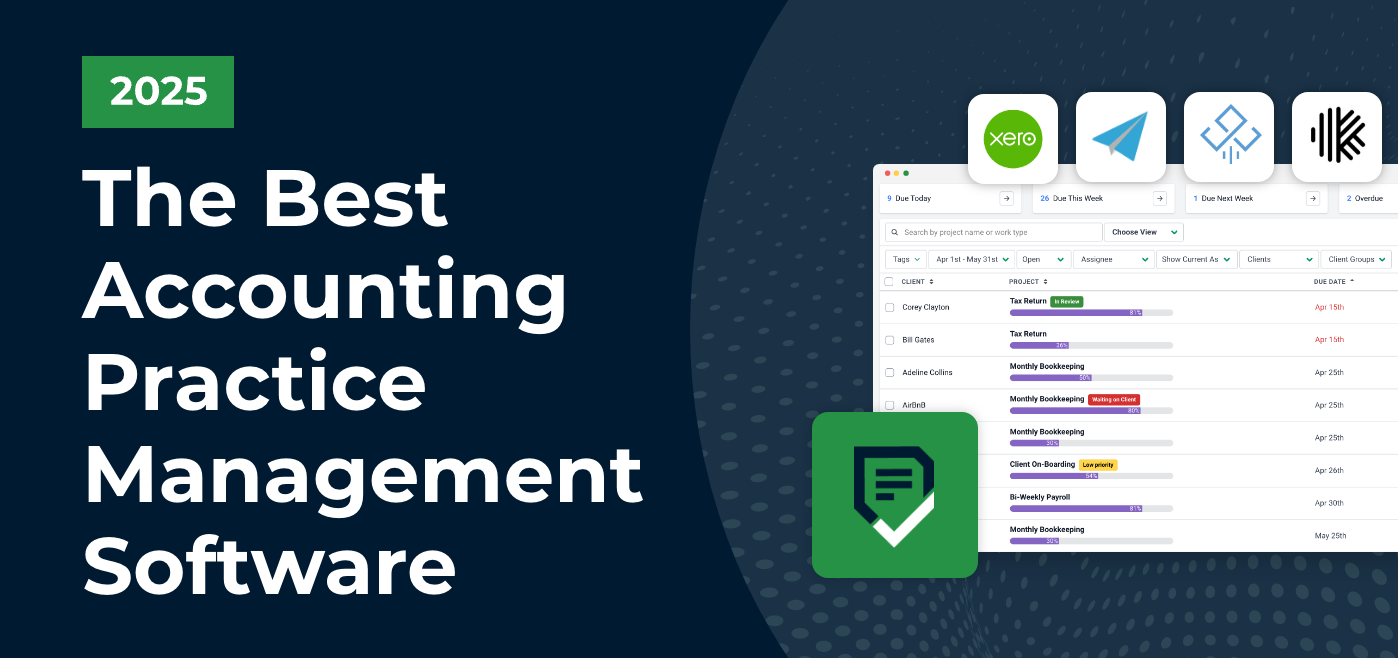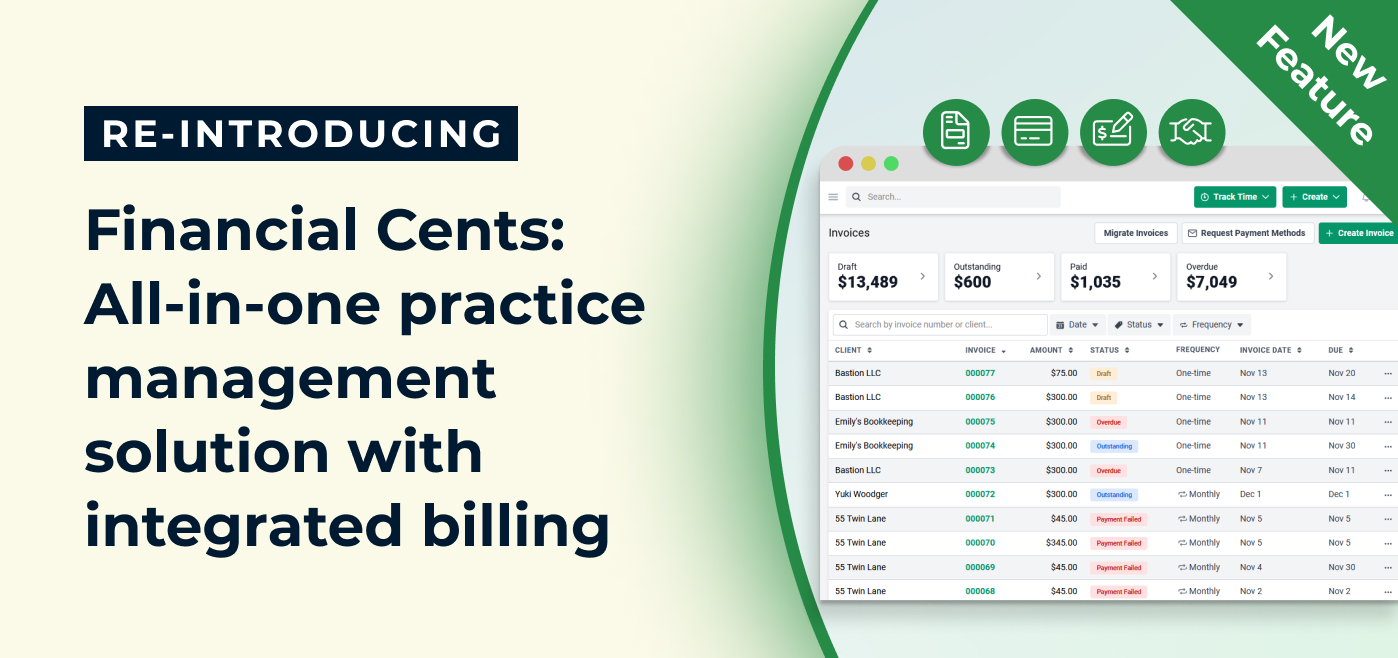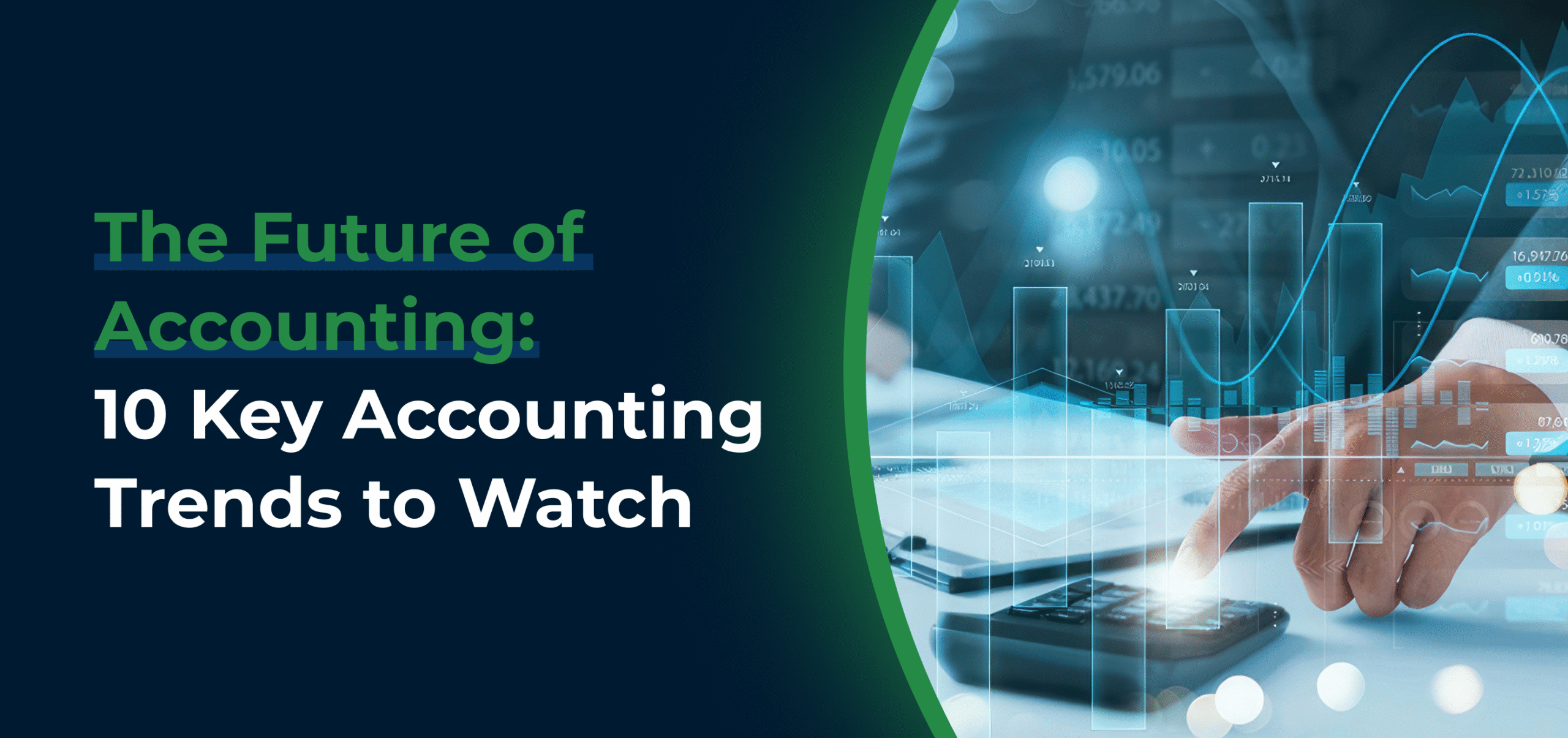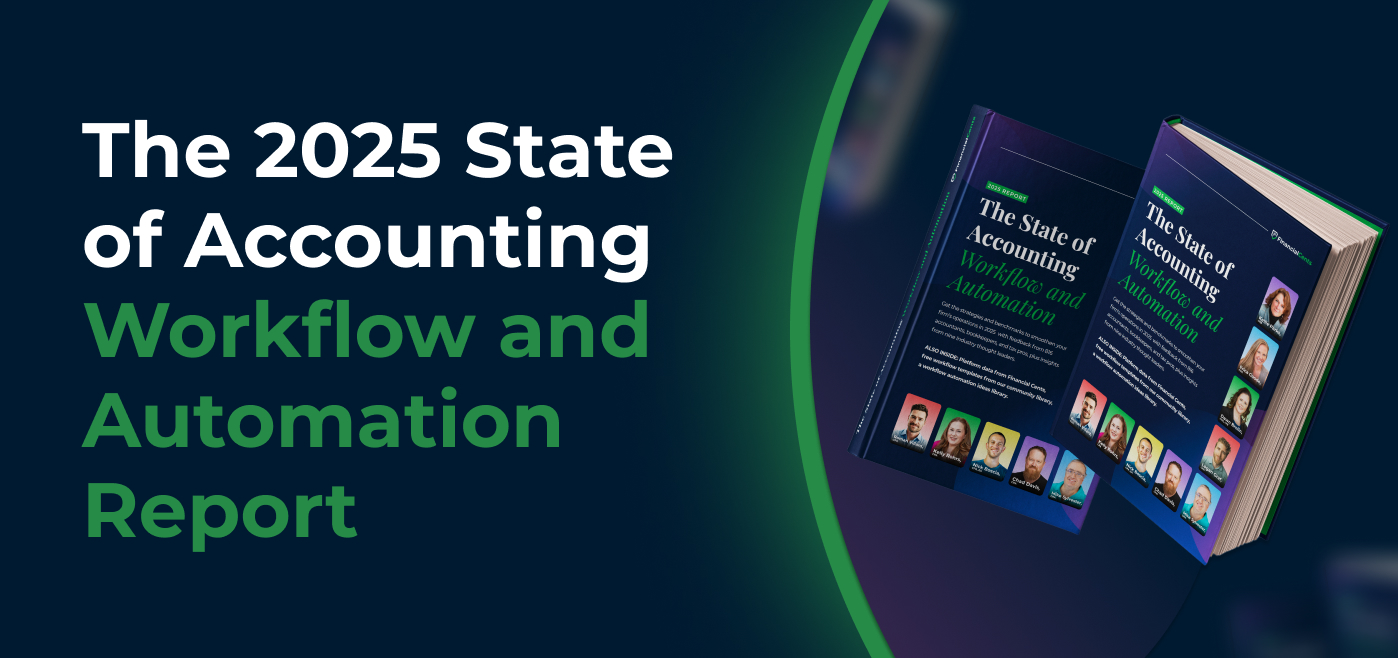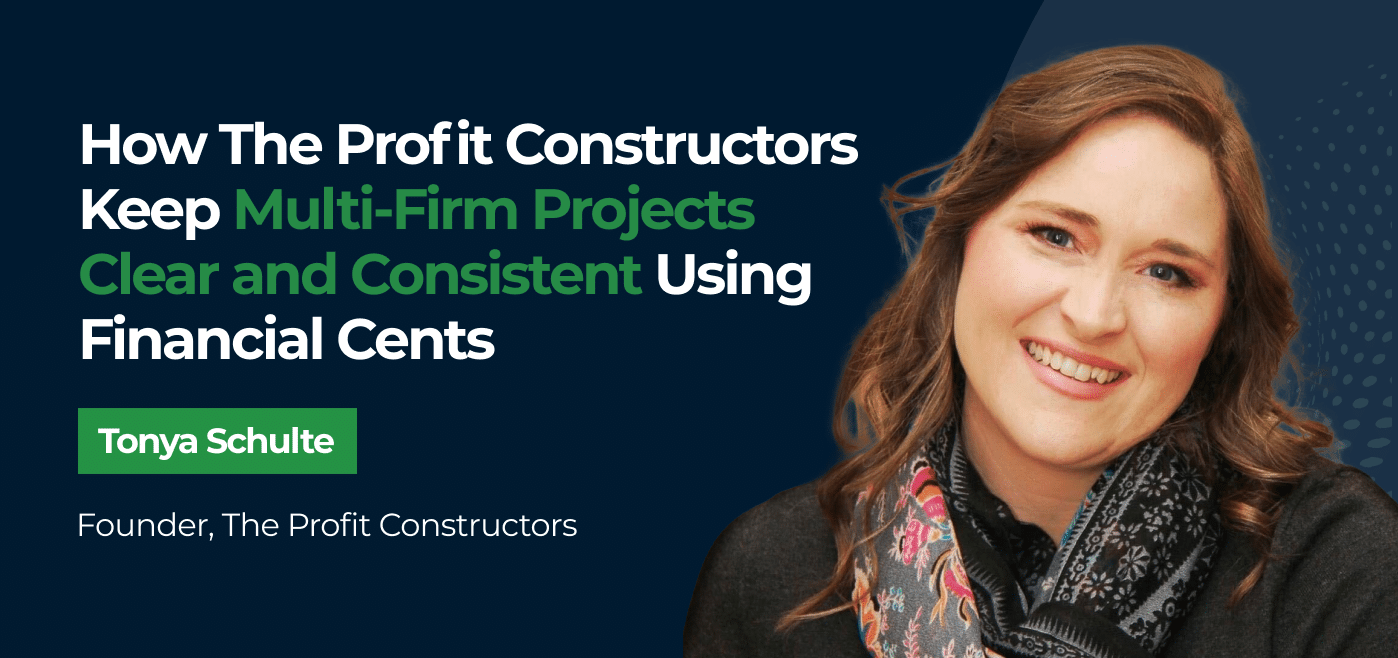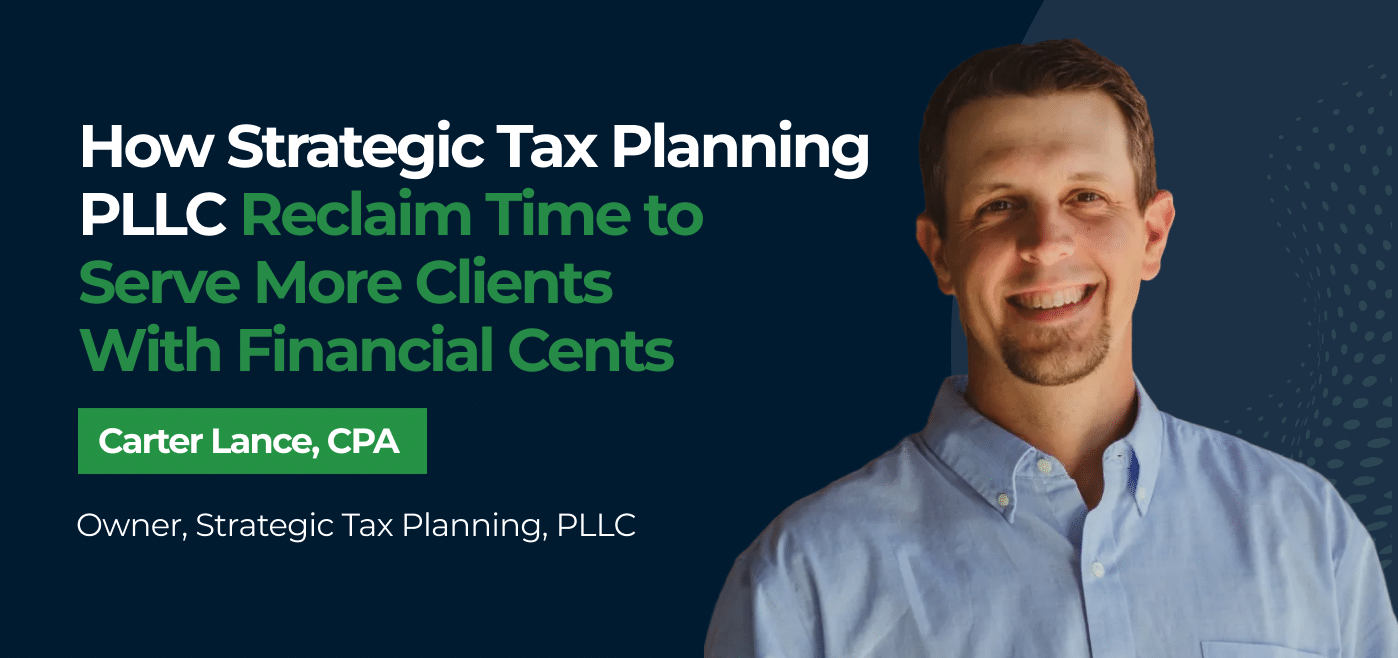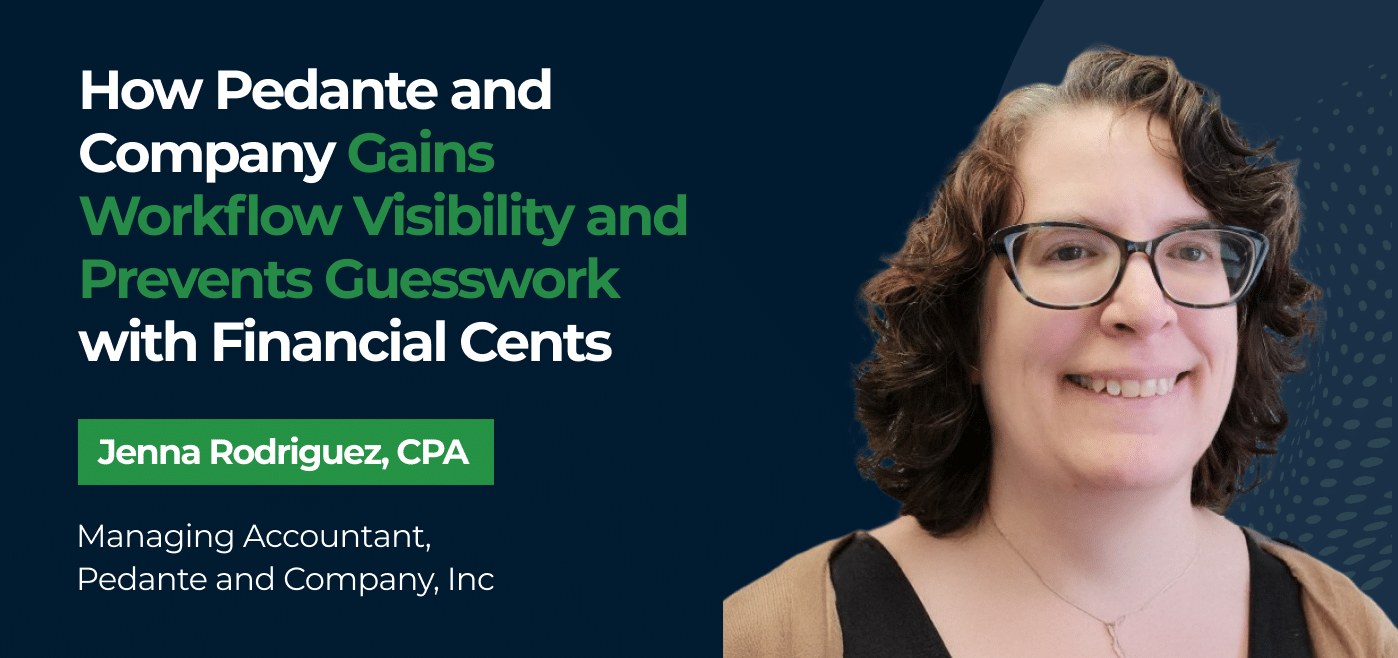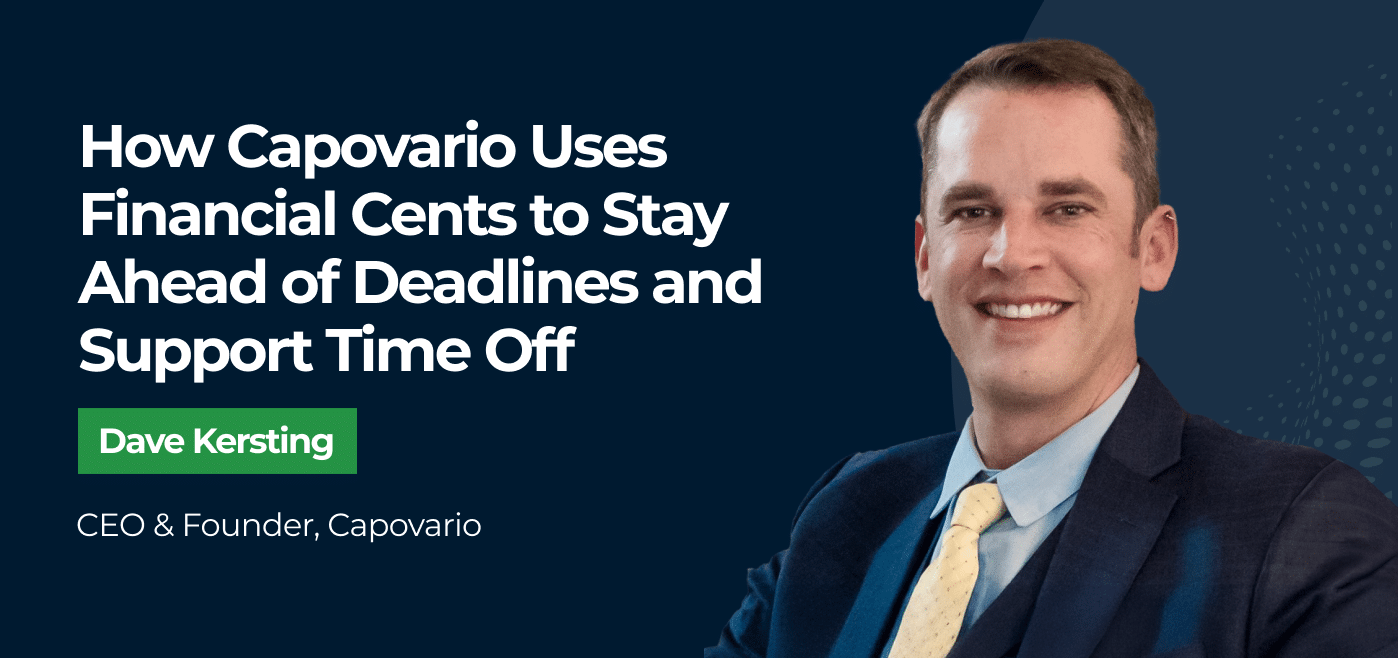The practice management hub for accountants and bookkeepers
Where to get actionable insights and frameworks to scale your firm.
“Financial Cents is like having a trusty sidekick in your accounting adventures! And with the Practice Management Hub, they’re a dynamic duo that’ll make running your firm feel like your superpower!”
Alexis Sadler | Accounting Therapy, Inc
Browse the topics or categories below to find what you are looking for.
Accounting templates
Use these frameworks to optimize your templates and standardize your process.
Accounting workflow
Use these frameworks to optimize your templates and standardize your process.
Virtual accounting
Learn how to start, build and scale a successful virtual accounting or bookkeeping firm.
Marketing
Access up-to-date marketing tactics and strategies to scale your firm.
Practice Management
Build a successful firm through unique practice management insights and advice from firm owners like you.
Financial Cents news
Read up on the latest updates, feature releases, and news from the Financial Cents team.
Top picks
Dive deeper

Get templates

Get for free
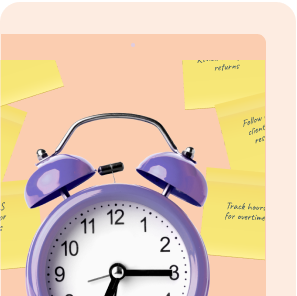
Find out more
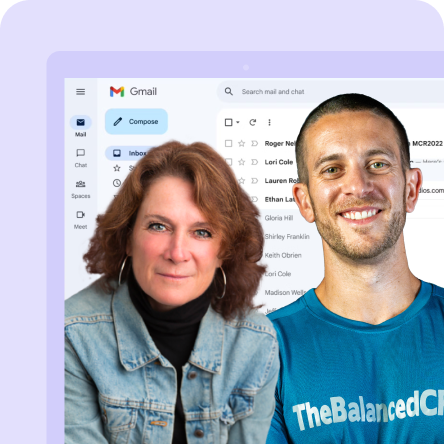
Enroll now

Find out more
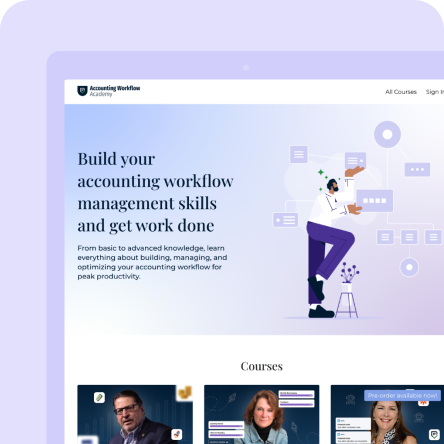
Sign up now

Enroll now
Customer stories
View all customer storiesSubscribe to our newsletter for an awesome dose of firm growth tips
High-value articles, expert interviews, actionable guides, and events.
